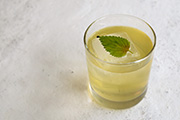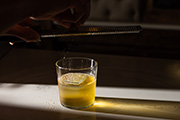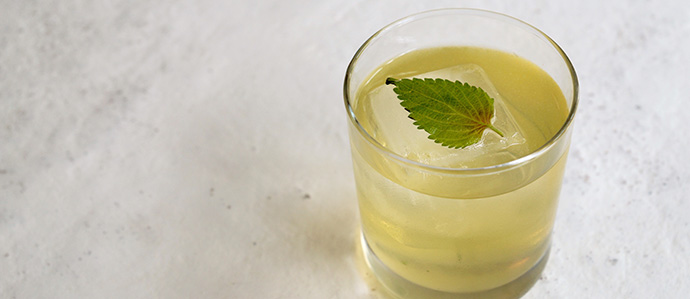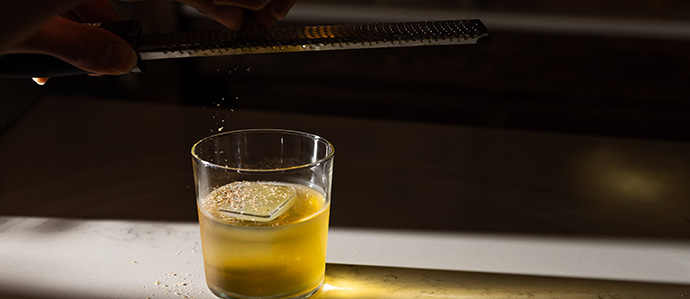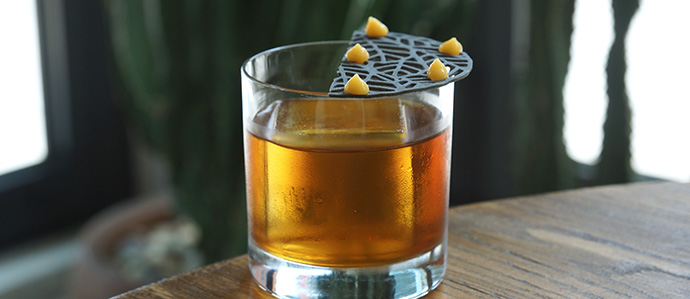Uses for Wine... in Space
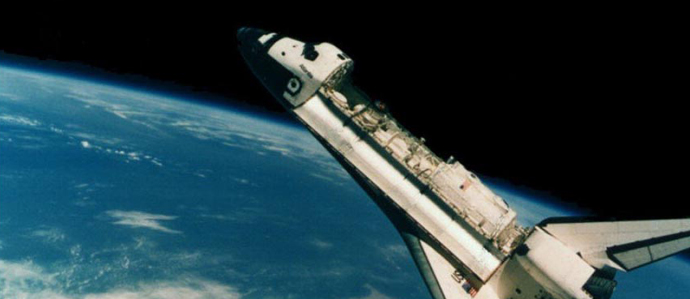
The effects of alcohol on human physiology is frequently a topic of debate and research amongst scientists. After all, we’re all looking for a reason to justify something we love or an extra glass of wine at dinner.
Recent studies at the University of Strasbourg in France revealed that a compound found in red wine could assist in curbing the adverse effects of zero gravity on the human body in prolonged spaceflight.
The weightlessness of space has been a problem that scientists have been combating for years. Without the gravity of earth, and lack of effective exercise, muscles and bone density in the human body deteriorate on lengthy missions.
The chemical Resveratrol, found in the skin of the grapes used in red wine, was shown to help inhibit the symptoms of weightlessness in rats in simulated conditions. The rats that were administered Resveratrol were less likely to develop problems with bone density and insulin resistance in comparison to a separate group.
Resveratrol is found in wine in small amounts and is also thought to help reduce damage to the brain following a trauma. However, there have been no human tests to date for either potential health benefits.
Of course, American astronauts are barred from consuming alcohol on missions--not that this will be an issue with NASA’s space shuttle program coming to an end after thirty years. Be that as it may, this policy never stopped Buzz Aldrin from consuming wine for communion on humanity’s first (manned) moon landing, exactly 42 years ago last week.
Related Articles:






